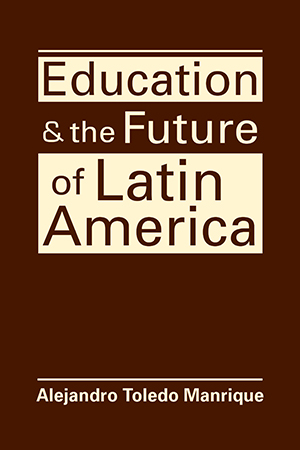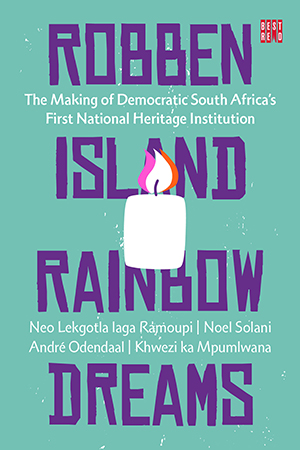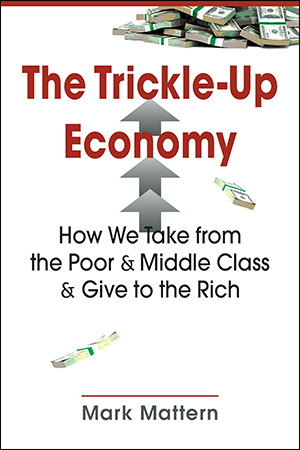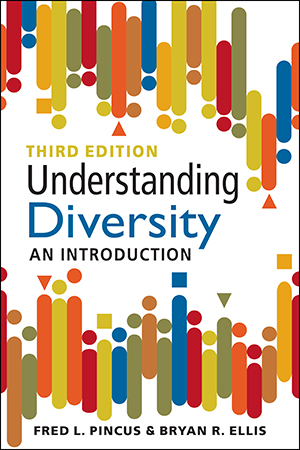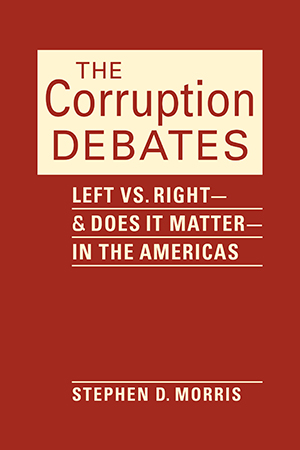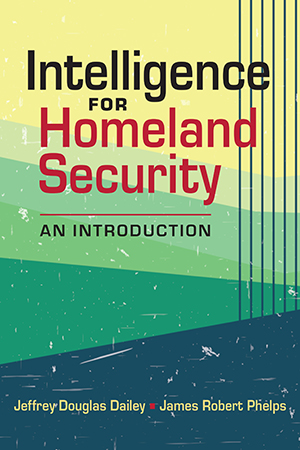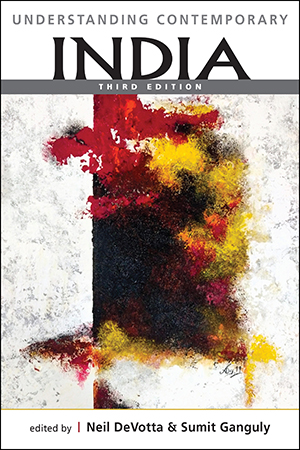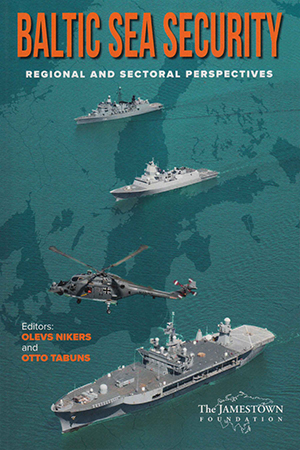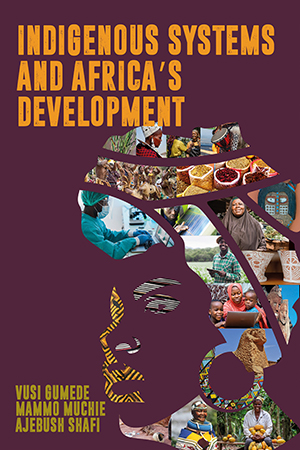BOOKS
What will it take to overcome the many challenges that Latin America faces in developing quality, inclusive education for its diverse population? That is the question at the heart of More >
Winner of the Andrew Price-Smith Book Award! Despite a century of advances in modern medicine, as well as the rapid development of Covid vaccines, the global pharmaceutical industry has More >
Following the birth of democracy in South Africa in 1994, Robben Island, once a symbol of pain, injustice, and closed spaces, became a UNESCO World Heritage Site and a global symbol of the More >
One of the most durable myths of US political economy is that we take from the rich and give to the poor—penalizing the rich for their hard work and rewarding the undeserving. Mark More >
What is diversity? How does prejudice show itself? What are the societal consequences of discrimination? Has anything changed over the past 50 years? These are just some of the questions More >
While there is arguably universal agreement that corruption plagues countries worldwide, do we agree as well on what corruption is and how to fight it? Do the left and right on the political More >
Since the September 11 terrorist attacks—considered one of the worst intelligence failures in US history—the many agencies that constitute the homeland security enterprise have More >
Even stronger than its outstanding predecessor, the third edition of Understanding Contemporary India provides context for and evaluates more than a decade of challenges and changes in More >
Baltic Sea Security offers a multifaceted discussion of the complex security issues affecting the Baltic region—with important implications for the cohesion of the wider transatlantic More >
In an effort to solve the enduring puzzle of slow economic and social development in Africa, the contributors to Indigenous Systems and Africa's Development advocate for a paradigm More >



